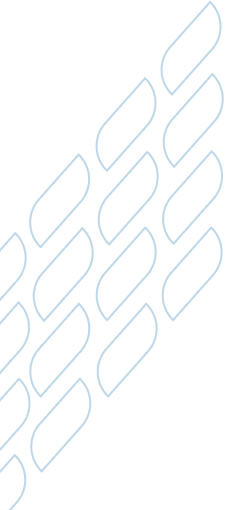Authors
Nicholas C. Soderstrom and Robert A. Bjork
Department of Psychology, University of California, Los Angeles
Abstract
Knowing how to manage one’s own learning has become increasingly important in recent years, as both the need and the opportunities for individuals to learn on The primary goal of instruction should be to facilitate long-term learning—that is, to create relatively permanent changes in comprehension, understanding, and skills of the types that will support long-term retention and transfer. During the instruction or training process, however, what we can observe and measure is performance, which is often an unreliable index of whether the relatively long-term changes that constitute learning have taken place. The time honored distinction between learning and performance dates back decades, spurred by early animal and motor-skills research that revealed that learning can occur even when no discernible changes in performance are observed. More recently, the converse has also been shown—specifically, that improvements in performance can fail to yield significant learning—and, in fact, that certain manipulations can have opposite effects on learning and performance. We review the extant literature in the motor- and verbal-learning domains that necessitates the distinction between learning and performance. In addition, we examine research in metacognition that suggests that people often mistakenly interpret their performance during acquisition as a reliable guide to long-term learning. These and other considerations suggest that the learning–performance distinction is critical and has vast practical and theoretical implications.
The Goal of Instruction
Whether in the classroom or on the field, the major goal of instruction is, or at least should be, to equip learners with knowledge or skills that are both durable and flexible. We want knowledge and skills to be durable in the sense of remaining accessible across periods of disuse and to be flexible in the sense of being accessible in the various contexts in which they are relevant, not simply in contexts that match those experienced during instruction.
In other words, instruction should endeavor to facilitate learning, which refers to the relatively permanent changes in behavior or knowledge that support longterm retention and transfer. Paradoxically, however, such learning needs to be distinguished from performance, which refers to the temporary fluctuations in behavior or knowledge that can be observed and measured during or immediately after the acquisition process.
The distinction between learning and performance is crucial because there now exists overwhelming empirical evidence showing that considerable learning can occur in the absence of any performance gains and, conversely, that substantial changes in performance often fail to translate into corresponding changes in learning.







